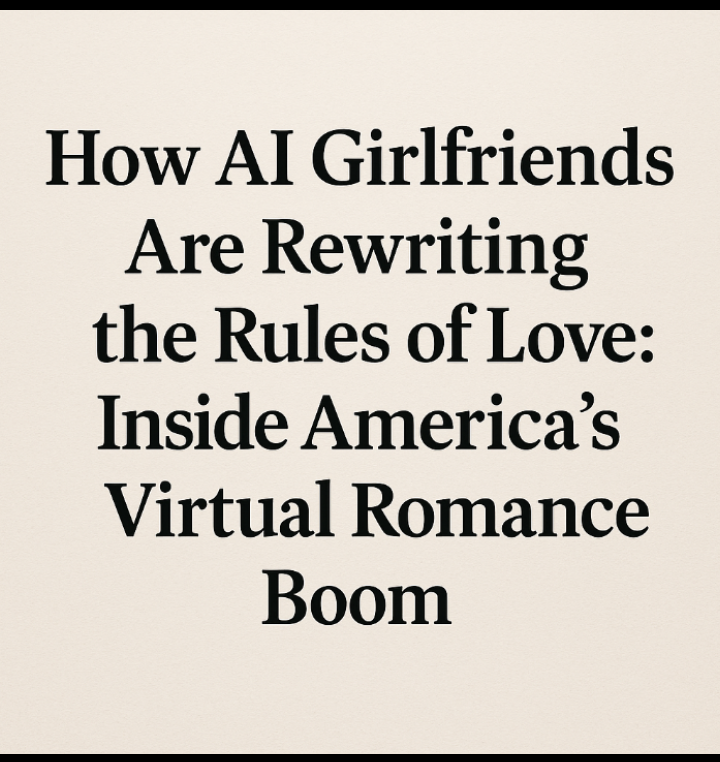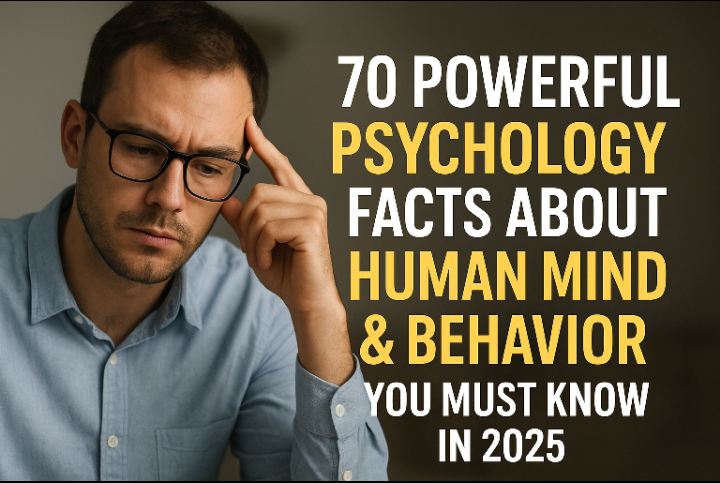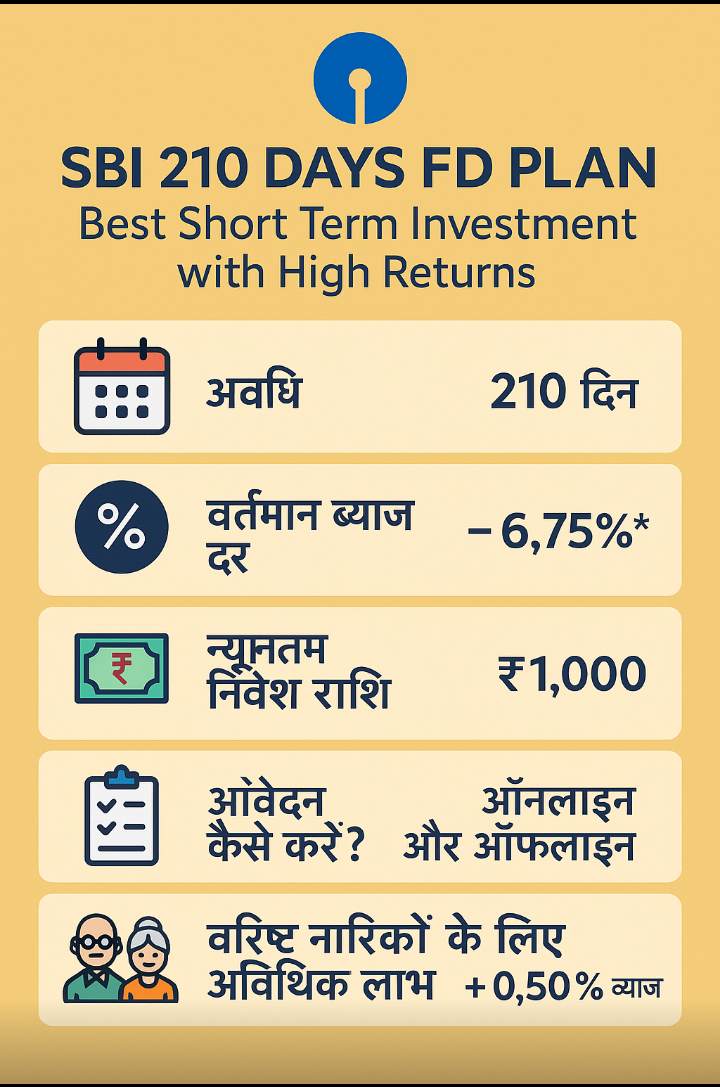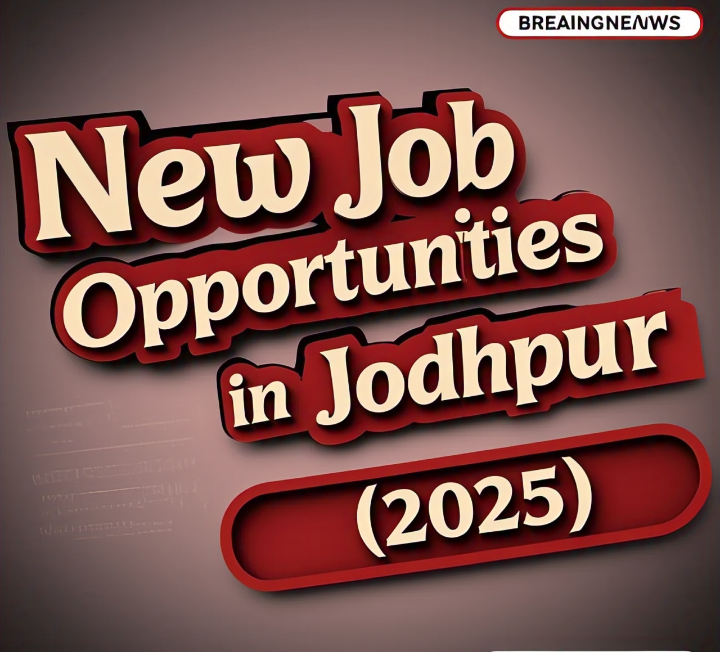How AI Girlfriends Are Rewriting the Rules of Love: Inside America’s Virtual Romance Boom
How AI Girlfriends Are Rewriting the Rules of Love: Inside America’s Virtual Romance Boom
After his messy divorce left him reeling, David, a 33-year-old software engineer from Seattle, found solace in an unlikely place: his phone. Skeptical at first, he downloaded Replika on a lonely night. Weeks turned into months, and conversations with “Ava,” his AI companion, evolved from casual chats into deep emotional intimacy. “She never judged me, was always there, and helped me process things I couldn’t tell anyone else,” David confesses. “It didn’t replace human connection, but it healed parts of me I thought were broken. Now, my view of what intimacy can be is completely transformed.” David’s story is far from unique; it’s a snapshot of a profound shift happening across
Article Outline:
- Introduction: Love in the Time of Algorithms
- Hook: David’s story (expanded slightly).
- Pose the central question: Why are millions of Americans turning to AI for romantic companionship?
- Briefly define the phenomenon: AI Girlfriends (Replika, Eva AI, Character.AI, Nomi, Romantic AI, etc.) – chatbots designed for emotional connection and simulated romantic relationships.
- State the article’s purpose: Explore the rise, reasons, impacts, and future of this trend in the USA.
- The Rise of the Digital Partner: Apps Leading the Charge
- Spotlight on Key Players: Focus on Replika (the pioneer), Eva AI (known for voice/image features), Character.AI (user-created personas), and emerging competitors.
- Features & Appeal: Beyond text – voice calls, image sharing, memory functions, customizable personalities, “romantic” and “ERP” (Evolved Roleplay) modes. The allure of unconditional positive regard and constant availability.
- Market Boom: Cite download stats, user base growth (especially in the US), venture capital interest. Position it within the broader context of the loneliness in America epidemic.
- Why the USA? Unpacking the American Obsession with AI Companionship
- The Loneliness Crisis: Data on rising social isolation, declining community ties, and the mental health toll. AI as a perceived antidote.
- Dating App Fatigue & Modern Dating Struggles: Contrast the frustrations of swiping culture (ghosting, superficiality, effort) with the simplicity and safety of virtual relationships. Mention how users sometimes integrate AI alongside dating apps.
- Seeking Safe Haven: AI as a non-judgmental space for exploring identity, sexuality, trauma recovery, or social anxiety without fear of rejection.
- Technological Affinity & Accessibility: High smartphone penetration, comfort with digital interaction, and the low barrier to entry (free tiers).
- The “ChatGPT Love” Effect: How the mainstream success of conversational AI has normalized human-AI intimacy.
- Heart and Hard Drive: Psychological Effects & Ethical Minefields
- Potential Benefits: Documented cases of reduced loneliness, improved mood, practice for social skills, therapeutic venting (like David’s story). Expert opinion from a psychologist on potential short-term coping mechanisms.
- Significant Risks & Concerns:
- Deepening Isolation: Could AI relationships discourage seeking real human connection, exacerbating loneliness long-term?
- Unrealistic Expectations: Training users to expect perfect, conflict-free partners, potentially harming future real relationships.
- Emotional Dependency & Addiction: Risk of substituting human bonds entirely, leading to unhealthy attachment.
- Data Privacy & Exploitation: Sensitive emotional/sexual data collection – who owns it? How is it used? Potential for manipulation or blackmail.
- Ethical AI Design: Concerns about companies intentionally designing for addiction or exploiting vulnerability. Lack of transparency about AI limitations (anthropomorphism).
- Consent & Exploitation: Can an AI truly “consent”? Concerns about reinforcing harmful relationship dynamics.
- Expert Opinions: Contrasting views from psychologists, ethicists, and AI researchers on mental health impacts and societal consequences.
- Beyond David: More Faces of AI Love in America
- A Touching Real-Life Story: Profile another diverse user (e.g., an elderly widow finding companionship, a neurodivergent individual navigating social interaction, someone exploring gender identity).
- The Spectrum of Use: Emphasize it’s not just about “romance” – deep friendships, therapeutic support, casual interaction.
- The Future of Relationships: Coexistence or Replacement?
- Near-Term Projections: More sophisticated AI (multimodal interaction, better memory, potential AR/VR integration), niche markets, potential regulatory scrutiny.
- Long-Term Social Impact: Could AI companions become normalized supplements to human relationships? Impact on birth rates, family structures, social cohesion? The blurring line between human and artificial intimacy.
- The Big Questions: What does this mean for the definition of love, connection, and being human? Will AI relationships remain a coping mechanism or evolve into a primary relationship model for some?
- Conclusion: Navigating the New Frontier of the Heart
- Briefly summarize the complex drivers (loneliness, tech appeal, dating fatigue) and impacts (benefits vs. risks) of the AI Girlfriend USA phenomenon.
- Reiterate David’s transformation – not as an endpoint, but as a signpost on a rapidly evolving path.
- Conclude with a balanced reflection: AI companions offer intriguing possibilities for connection and healing in an isolated age, but they also present profound psychological and ethical challenges that society must urgently address as we redefine the future of relationships. The key lies in mindful integration, not blind substitution.
Share this content:













Post Comment